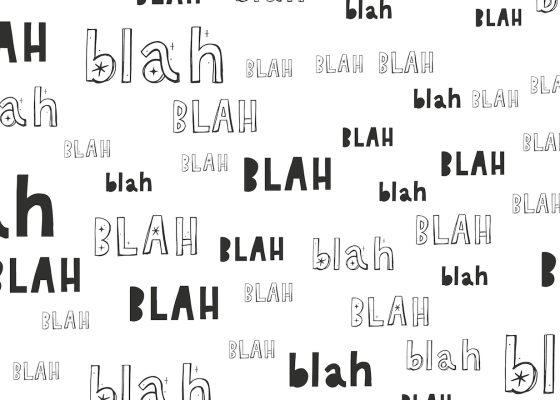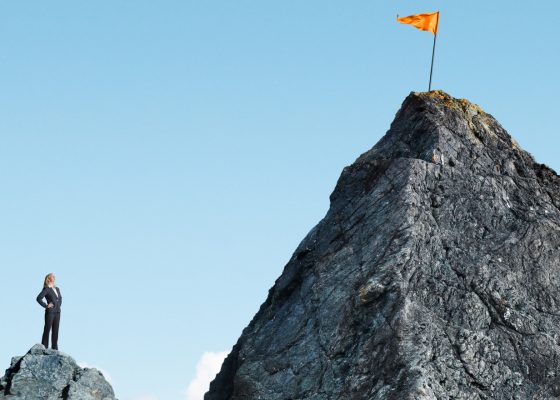We talk about a universal healthcare system, but large parts of it are invisible when it comes to data that could be shared for the benefit of patient access and interoperability.
Until we deal with the politics of data sharing across all sectors of the Australian healthcare system “we are flying blind”, says leading health and medical broadcaster Dr Norman Swan.
Giving the opening plenary address at HIC2025, the Australasian Institute of Digital Health’s national conference in Melbourne this morning, Dr Swan threw out a broad challenge to the room full of digital health innovators.
“One of the strengths of the Australian healthcare system is its mix of public and private,” Dr Swan said.
“And yet, when we design our systems, we design it either for the public system or the private system, and we don’t connect the two.
“We connect the two a bit when it comes to general practice, which is largely private, but when you’re talking about the specialist sector, the health insurance sector, we seem to ignore that.
“We haven’t a clue, not a clue, what happens in the private sector.
“Health insurers know what’s going on.
“To some extent, the government knows a little bit, but we’re terrified of the data, and we’re terrified of surgeons and the power of the medical lobby.
“The technology is there. We could actually solve that problem, but we’ve got to solve the politics of the problem as well.”
Dr Swan challenged digital health innovators to think beyond the technical aspects of data sharing, towards the shared values inherent in a fair and equitable system.
“One of the strongest determinants of your life expectancy is your social connectedness, how connected you are to your community,” he said.
Social prescribing, he said was key.
“How is a GP going to prescribe social connectedness unless you lot have delivered the digital connectivity that allows that to happen?” he asked.
“The practice nurse needs connectivity to the system in that suburb, in that community, with online ability to make appointments, find out which services, which community groups have got time and availability and make bookings accordingly.
“How many of you are innovating in that area? Because if what we want to do, and you are all in here because you want to do the right thing, you want to do good, you want to actually make that difference – but are we concentrating on the right areas?”
Dr Swan has been on the record as saying the Commonwealth should give responsibility for primary care back to the states.
Related
This morning he went even further.
“What commonwealth and states constantly do are workarounds, and there are workarounds of our fragmented system,” he said.
“Just think how easier it would be if we actually had one system.
“There is a way to do this, and it’s not the Commonwealth taking over everything. It’s the Commonwealth giving up everything.
“Health care should go to the states. The Commonwealth doesn’t run anything. It runs the army, and parts of education.
“But there are people in the health department who know how to run stuff because they come from the state systems.
“States know how to run stuff, and the economic incentives are all wrong.”
Relying on market forces to fix the healthcare system, or regulate AI, for example, was not the way to go, said Dr Swan.
“We mustn’t forget the fundamentals. We’re in the business about making a fair and universal health care system that’s more affordable and more accessible,” he said.
“These are hard tasks.
“Health care suffers from market failure, same as education does. The market nowhere in the world solves the problem with health care, it does not work.
“That means there is a critical role for governments. Without governments in health care, we don’t have a fair and equitable health system. The market will not provide it.
“So if you are sitting there believing in markets, you’re in the wrong business. They don’t work.
“We’ve got to somehow encourage an innovation environment and an ability to make money out of this in line with our social objectives.
“And that’s not necessarily an easy task in the Australian environment. We’ve got to be really careful.”




